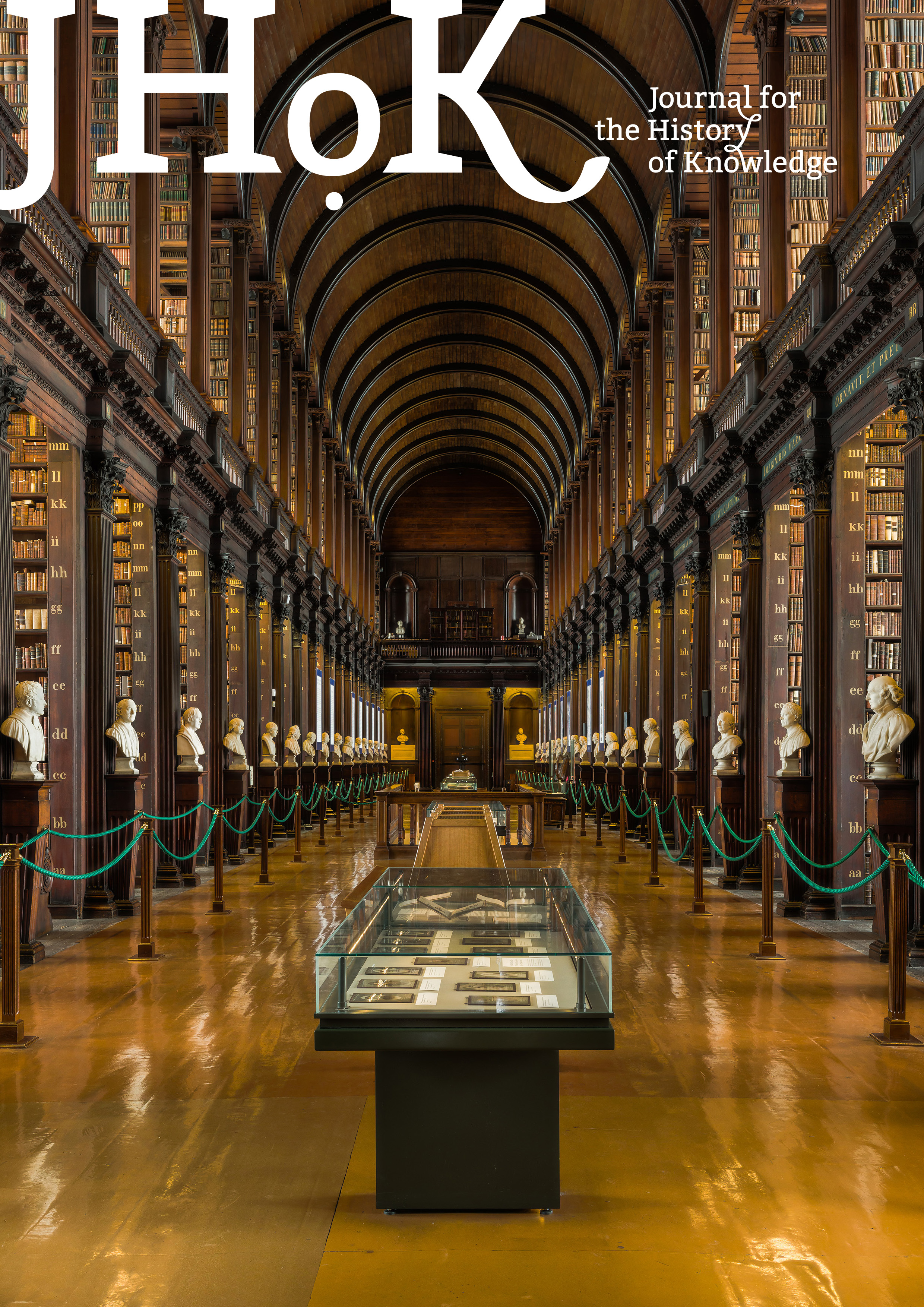Making Public Knowledge — Making Knowledge Public
The Territorial, Reparative, Heretical, and Canonization Inquiries of Gui Foucois (ca. 1200–1268)
DOI:
https://doi.org/10.5334/jhk.23Keywords:
inquisition, fama, infamia, public, knowledge, saints, heresy, canonizationAbstract
This article investigates the spread of inquisition as an influential administrative technique across thirteenth-century Europe in religious, civil, and governmental fields. It shows how by looking at the single life of Gui Foucois (d. 1268), who inquired for the church and state, first as a French lawyer and administrator and eventually as Pope Clement IV. The details varied, but the constituent elements of an inquisition were very similar: questionnaires, local interrogation, recording and archival collection, abbreviation, and review. These elements of knowledge production served an impressive range of goals: to prove sanctity, to prove heresy, to prove ownership, and to repair wrongs done by those in power. I argue that the rationality of these inquisitions was not something determined unilaterally, but with a view to securing the consent of the publics who ultimately produced the inquisitorial knowledge and often consumed it. Inquisitions were so successful precisely because their dynamics could be both assertive and responsive, coercive and permissive, with legibility operating back and forth between “publics” and powers. By reconstructing the knowledge produced by these due processes, this article shows how the bureaucratic-juridical treatment of public knowledge rendered it reliable through a critical, expert process of inspection and analysis.



